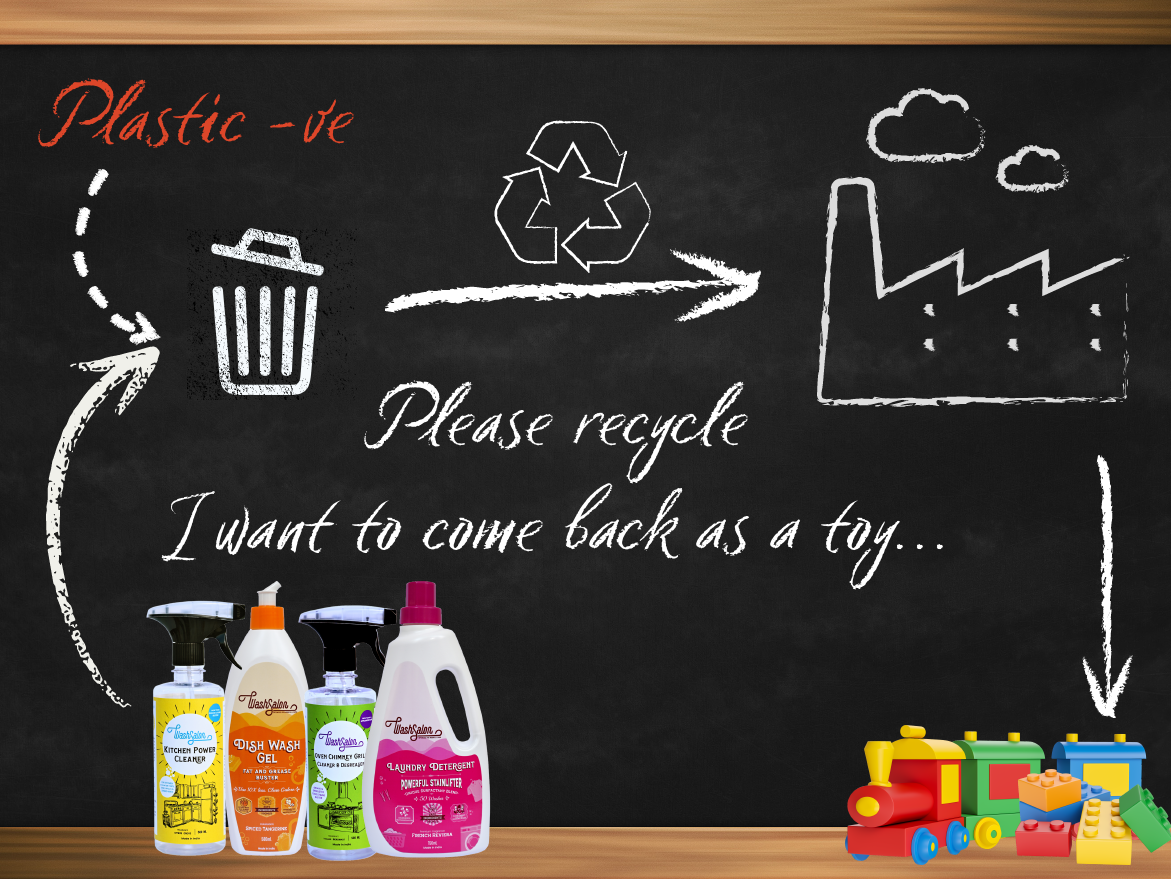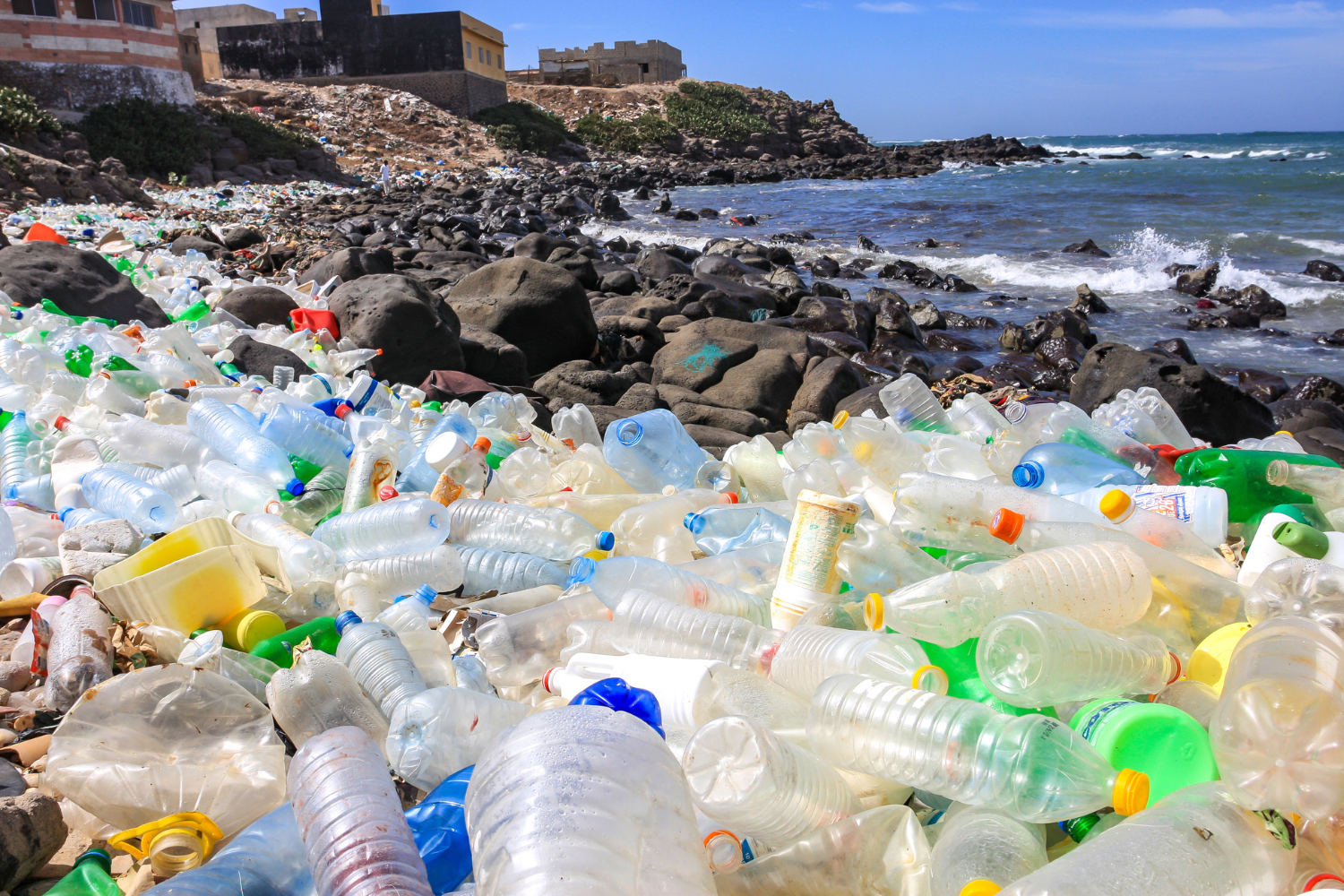Fighting Plastic Pollution: A Battle Far from Won
Plastic packaging is a significant contributor to the staggering 8 million tons of plastic waste that enter our oceans every year. It is not biodegradable and can take hundreds of years to decompose. Also known to harm marine life, from entanglement to ingestion, causing physical harm, blockages, and even death. Furthermore, microplastics from plastic packaging can enter the food chain and be ingested by humans, potentially causing physical harm.
Furthermore, the production of plastic leaves a substantial carbon footprint, spanning the entire lifecycle from oil extraction to manufacturing, transportation, and ultimately, the plastic bottle in our hands.
Plastic is one of the world's most widely used commodities, but the sheer volume of waste generated by its use is overwhelming. Despite growing concerns, many countries continue to struggle with the daunting challenge of managing plastic waste and mitigating its environmental impact.
Plastic pollution in India is a daunting problem with many obstacles,
Infrastructure Challenges
Inadequate Waste Collection: Inefficient waste collection systems, particularly in rural areas.
Lack of Segregation: Inadequate segregation of plastic waste from other waste streams.
Insufficient Disposal Facilities: Limited availability of proper disposal facilities, leading to open dumping and burning of plastic waste.
Regulatory Challenges
Lack of Effective Policies: Inadequate policies and regulations governing plastic waste management.
Insufficient Enforcement: Limited enforcement of existing regulations and policies.
Jurisdictional Issues: Overlapping jurisdictions and lack of clarity on responsibilities among government agencies.
Socio-Economic Challenges
Public Awareness: Limited awareness about the importance of proper plastic waste management.
Behavioural Change: Changing consumer behaviour and habits to reduce plastic use and increase recycling.
Informal Sector: Involvement of informal sector workers in plastic waste management, often without proper training or protection.
Economic Challenges
Lack of Economic Incentives: Insufficient economic incentives for recycling, composting, or proper disposal of plastic waste.
High Cost of Recycling: High costs associated with recycling and processing plastic waste.
Dependence on Informal Sector: Reliance on informal sector workers for plastic waste collection and recycling.
At WashSalon, we're deeply committed to addressing the plastic crisis, while also prioritizing our customers' needs. We're walking a fine line between sustainability and customer convenience, ensuring that our approach balances environmental responsibility with exceptional service.
We prioritize sustainability by avoiding composite plastics that are difficult to recycle. Instead, our products are made from single-polymer materials, specifically HDPE or PET, which are widely recognized as readily recyclable. In India, the plastic waste management infrastructure is best suited to handle above.
Please note the following signs at the base of our bottles,



We are also committed to minimizing our environmental impact. We adhere to the Extended Producer Responsibility policy, taking full responsibility for the waste generated by our products. As part of our sustainability efforts, we're dedicated to becoming Plastic Negative and are actively exploring ways to incorporate Post-Consumer Recycled (PCR) plastics into our packaging.
We'd love to hear if you have any recommendations. Please write to us at support@washsalon.in.


